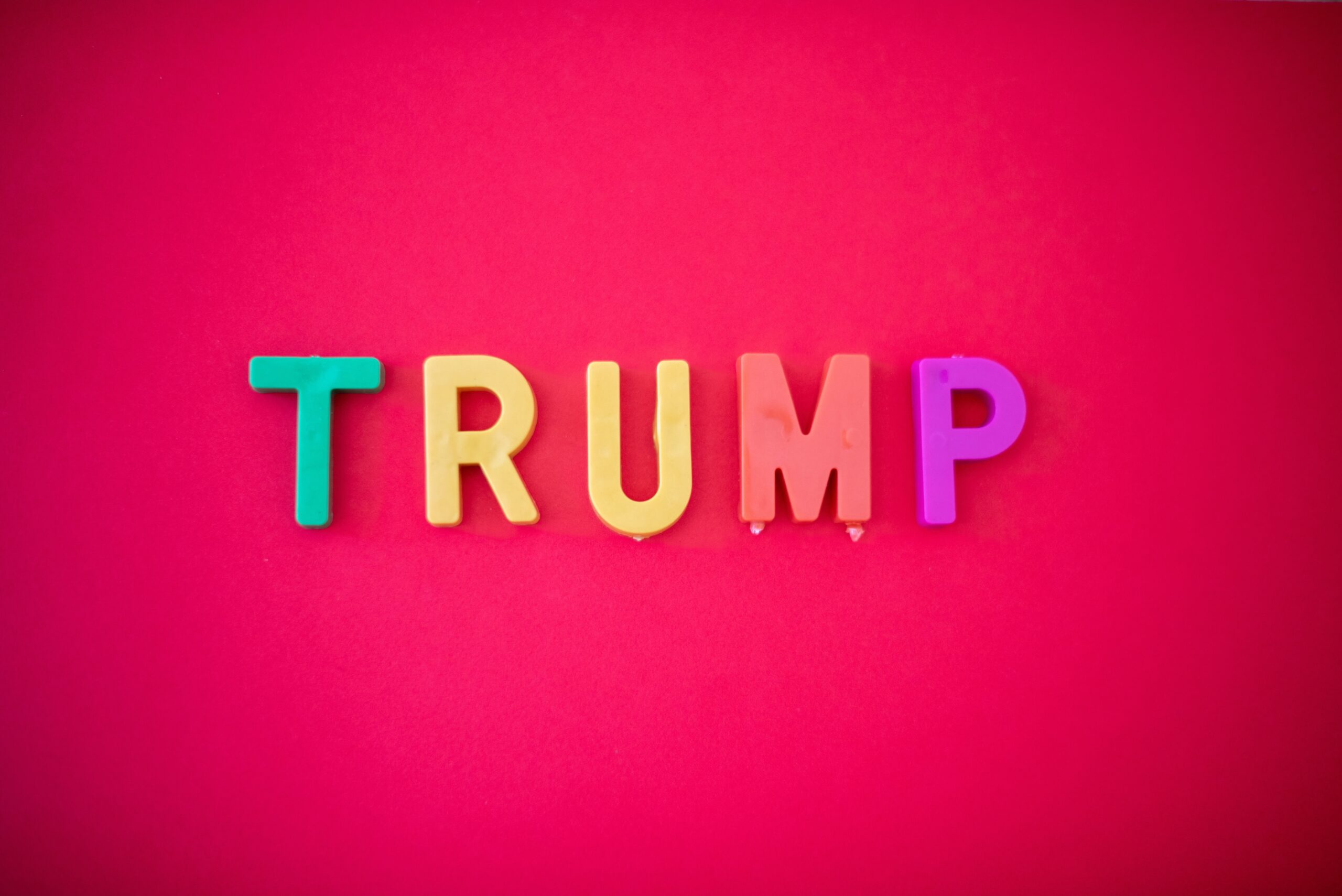
Donald Trump’s proposals to inhibit federal funding and possibly prosecute institutions that implement DEI (Diversity, Equity, Inclusion) policies are—as one might expect—both brash and alarmingly direct. The President has never been known for subtlety, and this move is very much in line with his characteristic “shock and awe” approach. Yet, in the midst of the uproar, there might be a strange silver lining.
First, let’s be clear: halting resources for DEI initiatives and threatening legal repercussions could have real, negative impacts on those most vulnerable to systemic inequities. In fact, as of the first week of his administration they already have as many people have had their jobs halted or are expected to end at the end of January. A rigid clampdown on these efforts risks dismantling or eroding the progress organizations have painstakingly built over the years. Much of the well-intended structure around inclusivity could be diminished, leaving marginalized voices even more unheard in certain workplaces. And from a societal standpoint, punishing people for trying to address inequities we know continue to exist is extreme at best, authoritarian at worst.
However, it is also true that in many corners of the professional world, “DEI” has devolved into jargon. You see it sprinkled across mission statements and plastered on websites, promising everyone that this particular company or institution is “dedicated to diversity.” Yet, on the ground, the culture may not reflect those lofty words. Far too often, organizations reduce DEI to a series of boxes to be checked: a diversity training here, a committee there, and perhaps some symbolic hires to fill demographic quotas. As the founder of a Black-owned, women-owned firm, I too may have benefited from this approach, although I firmly believe in our expertise and unique perspectives that benefits our work and that produces real results.
After these superficial steps, many claim victory—“We’re diverse now!”—without ever examining the deeper changes required to truly honor people’s experiences, perspectives, and abilities. This is why it has been so easy for some companies to strip it from their websites or publicly announce they are ending DEI programs to focus on strategies that encourage business growth and advancement, as though the previous urgent programs had no real or actual positive impact, which we know is not true. And for others to firmly double down on their DEI initiatives because they have been proven to have real impact on business results. It’s also why we’ve seen so many confusing positions taken by leaders of our civic and cultural institutions in understanding and trying to balance competing and counter perspectives that bubble up in our society.
This gap between box-checking and genuine inclusion leads to simmering resentments and unfulfilled promises. People leave organizations feeling burned out and unheard. Meanwhile, leadership remains baffled as to why morale is low, collaboration stagnant, and innovation lacking—even though, on paper, they have “DEI initiatives.” Real diversity should be about creating spaces where fresh ideas can emerge organically because everyone is actually listened to and respected. Real equity should mean distributing resources and opportunities in a fair, transparent way that meets the distinct needs of individuals. And real inclusion should ensure that people are not only invited to the table but also actively shaping decisions.
Perhaps one of the perverse benefits of Trump’s alarming measure is that it forces us to ask: What do we really want from DEI? Do we want it to remain an industry buzzword, a slogan that protects organizations from claims of discrimination while leaving systemic inequities unchallenged? Or do we want to step up and create authentic environments where every individual’s contribution is valued, harnessed, and celebrated in tangible ways?
In many cases, the shift away from “checking boxes” toward genuine cultural transformation has already proven fruitful. Studies consistently show that workplaces with true diversity have higher rates of employee satisfaction, creativity, and financial returns. They cultivate a deeper understanding of client or audience needs and better anticipate market shifts. Real DEI is more than a moral stand—it is a strategic advantage, fostering a synergy of varied voices that propels organizations forward.
The federal crackdown, as harsh as it may sound, is an invitation—albeit an unwelcome and rough-edged one—to reevaluate our intentions around inclusivity. By pressing pause on some of the more formulaic approaches, we might begin asking ourselves the hard questions about who we are trying to include and why. As individuals and as collectives, we must redefine what it means to honor the uniqueness of people’s identities and experiences, and devise better ways to integrate this respect into daily operations, decision-making, and organizational structures.
Yes, Trump’s policy is extreme. But if we respond by engaging in deeper, more honest dialogue—pushing ourselves to craft inclusive cultures where everyone is heard—then maybe this moment of chaos will spark the systemic change that endless “training modules” and lip-service campaigns have never managed to achieve.
Ayofemi Kirby is Chief Strategist of ElevenThirtySix Strategies. Read her bio here.
Hear more on this topic on The E36 Podcast.
